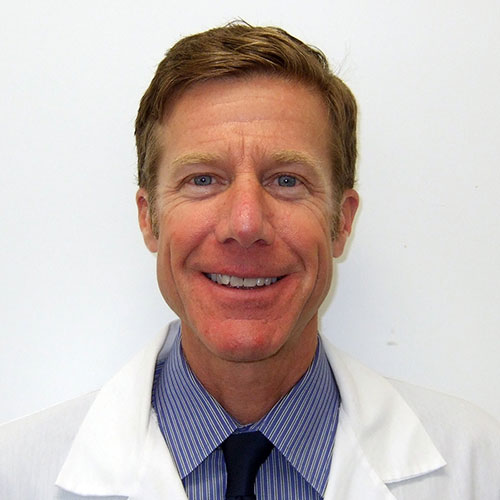


Just because employers can require a bachelor’s degree or higher for a particular job does not mean they have to. Northern Essex Community College’s partnership with Charm Sciences—a Lawrence, Mass. company that develops and manufactures biochemical diagnostic test kits for the food and beverage industries—offers a perfect example of what can happen when an employer is able to hire an associate degree-holder for a job that may previously have required a bachelor’s degree.
Around 2007, the company was assessing its entry-level lab analyst positions, which, up until then, had required a bachelor’s degree. To meet growing hiring needs, Charm Sciences decided to split the duties of some of its lab analysts and create a new category called “lab technician”—which would require an associate degree.
To help Charm Sciences and other life science companies fill such positions, science faculty at Northern Essex developed a new Laboratory Science Program (LSP), a hands-on program which included an internship. The program launched in 2009, and its close alignment with industry needs was quickly recognized: In December 2010, the LSP received “Gold Endorsement” by the Massachusetts Life Science Education Consortium. The employer-driven consortium awards gold only to programs whose curriculum includes all competencies as mandated by the industry members.
This model has worked well for Charm Sciences, which places students in externships and has hired three graduates for permanent jobs. Currently, ten of its approximately 40 entry-level laboratory positions are open to associate degree graduates as quality control, quality assurance, and production technicians.
More recently, Northern Essex was contacted by one of its alums, Terry Stubbs, the president and CEO of ActivMed Practices and Research, Inc. This fast-growing medical-clinical research company has successfully completed nearly 650 research trials. Rapidly evolving regulations and technology, however, are swiftly changing the job requirements for trial technicians. Although physicians, nurses, and scientists—all with advanced degrees, steep salaries, and often short tenures in entry-level positions—are involved at every stage of their work, daily protocols can be managed by an emerging new role: the associate degree level clinical research coordinator (CRC).
The challenge? Right now, these coordinators don’t exist—and neither do degree programs to train them.
So NECC is working with ActivMed, the Alliance for Clinical Research and Safety (ACRES) and other local employers to develop the first certificate in the Northeast dedicated to training clinical research coordinators as part of our Associate in Science General Studies Health Specialization degree program. While Charm Sciences and ActivMed have discovered the benefits of hiring associate degree graduates, many companies continue to seek bachelor’s degree graduates for nearly all of their positions. By restoring the associate degree’s value, we can begin to address the skills gap and build a stronger, more efficient and effective ladder of educational and career opportunity across New England.